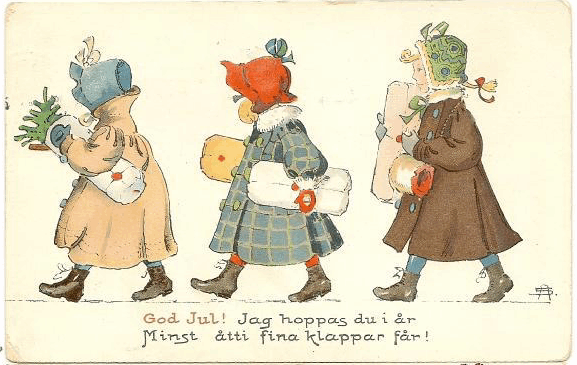If you haven’t ever read about the five love languages, you should.
According to the book penned by author and relationship counselor Gary Chapman, The Five Love Languages: How to Express Heartfelt Commitment to Your Mate, there are five ways that we both give and receive love.
These “languages”—gifts, quality time, words of affirmation, acts of service and physical touch—are how we express and experience love within our lives.
My husband’s main love language is physical touch—that’s how he wants to both show me love and how he wants to be shown love back. I, on the other hand, am a words person (obviously). I want to tell him how much I love him. The whole “actions speak louder than words” thing is actually less meaningful to me in some ways.
So, for our relationship to be fulfilling to each of us, it’s imperative that we understand how we both want to receive love and how we both tend to give love because it allows us to recognize love when it is being given.
Consider a partner who wants to do small things for you: start your car in the morning when it’s cold, fix your bathroom sink, make breakfast. This type of person is often showing love practically and often, but if these (literal) acts of love are not being understood and taken for what they are—gestures of emotional care as well as small, physical acts—then the other partner could wind up feeling unloved and the “acts of service” lover, unappreciated.
Something else that I consider whenever it’s time within the calendar year to give and receive gifts, is that this is how some people love to show love.
Two people in my family are “gifts” people. Every birthday or holiday they show me, through their gifts, that they listen to me when I’m talking to them and that they know me well. Turning down a gift from them because “I don’t want gifts this year” or because “I don’t need anything” is actually turning down their love.
And just like it’s important to be open to receiving love, for some people, it’s equally as important that we are open to receiving their gifts of love as well.
Cards are another great example of someone’s love language.
I have a friend who’s known me since we were born who gives me the most meaningful, thoughtful and special cards. Somehow, she miraculously remembers and thinks of me for every special event in my life, from the recent birth of my baby girl to my birthday to just a “thinking of you” message exactly when I need it. She, clearly, is a words person.
Over the years our families have grown, and that means that our people-we-must-buy-gifts-for lists have followed suit. For her, sending a card with the right words will mean much more than a fantastic pair of wool socks anyway. So I send her a card.
On the other hand, maybe there’s someone I love who has the love language of “quality time.” This person doesn’t require a gift or a card to feel loved by me.
No, a “quality time” lover would adore being given hand-made coupons for a homemade dinner or a day at the museum together, because these fill her requirements for how she wants to be given love.
And throughout the year I find myself checking back in with the “love languages” of those closest to me so that, when appropriate, be it daily interaction or special occasions, I can show them that they are a significant part of my heart.
But the love language of gift-giving can be delicate and complicated.
Some people might feel genuinely unloved if given an awful gift.
Others might feel rejected entirely if told their gift is not wanted or enjoyed.
The “gift” lover appreciates the present more if they weren’t asked what they wanted, but rather given from the giver’s own ideas instead.
Still, just the attempt to understand the people in our lives is, truly, one of the most valuable gifts that we can offer.
Because not everyone (thankfully!) is the same.
We are all different. I’ve found that love languages aren’t gender specific or culturally specific, either. And what a gift it is to know someone so well that we know her card is her way of saying “I love you,” regardless of what it actually says.
Because love is a gift, and being given the chance to love another person, whether sister or husband, friend or teacher, is something to be cherished—and worked at.
~
~
Love elephant and want to go steady?
Sign up for our (curated) daily and weekly newsletters!
~
~
Author: Jennifer S. White
Editor: Emma Ruffin
Photo: Moa/Flickr









Read 0 comments and reply